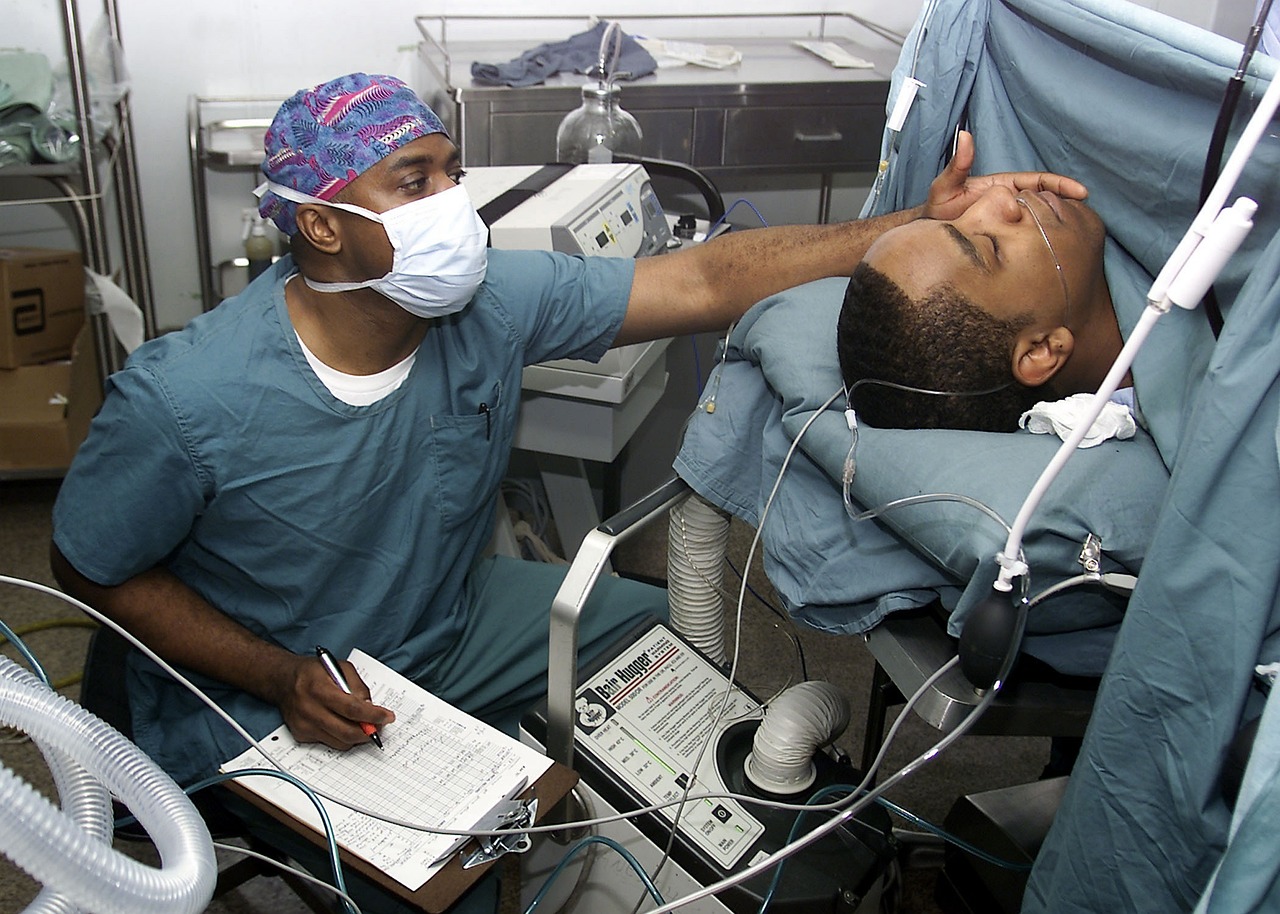Book Appointment Now

Ethical Dilemmas of Euthanasia
Euthanasia, often referred to as mercy killing, raises numerous ethical dilemmas. It is a complex topic that stirs deep emotions and controversy among medical professionals, ethicists, religious leaders, and the general public. At the heart of the euthanasia debate are questions about the sanctity of life, patient autonomy, and the role of medical professionals in end-of-life care. This article explores the ethical issues in euthanasia and discusses both sides of this morally challenging issue.
Do you need paper writing help about ethical dilemmas in health care regarding mercy killing? ![]()
What is Euthanasia?
Euthanasia involves intentionally ending a person’s life to relieve suffering, typically in cases of severe, untreatable pain or terminal illness. It can be categorized into various types:
- Voluntary Euthanasia: Performed with the patient’s consent.
- Involuntary Euthanasia: Conducted without the patient’s explicit consent.
- Active Euthanasia: Direct action is taken to end a life, such as administering a lethal injection.
- Passive Euthanasia: Withholding or withdrawing medical treatments that would prolong life.
These categories present a spectrum of ethical dilemmas of euthanasia that need careful consideration.
The Ethical Dilemmas Surrounding Euthanasia
Euthanasia is a contentious issue because it involves balancing two core ethical principles: the right to die and the sanctity of life. On one hand, there is the argument for personal autonomy and the relief of suffering, while on the other hand, there are concerns about the potential for abuse, the devaluation of human life, and the slippery slope to involuntary euthanasia.
Autonomy vs. Sanctity of Life
- Autonomy: Proponents of euthanasia argue that individuals have the right to make decisions about their own lives, including the right to end their life when suffering becomes unbearable. They claim that denying euthanasia infringes upon personal liberty and human dignity.
- Sanctity of Life: Opponents argue that life is inherently valuable, and intentionally ending it is morally wrong. They believe that ethical issues in euthanasia undermine the sanctity of life and that even in cases of severe suffering, life should be preserved.
Legal and Moral Considerations
Different countries and regions have various laws regarding euthanasia. In some places, such as the Netherlands and Belgium, it is legal under strict conditions, while in others, it remains illegal and is considered a form of homicide. The euthanasia debate often reflects cultural, religious, and social values, making it a challenging topic to address uniformly.
Potential Risks and Concerns
- Slippery Slope Argument: Critics warn that legalizing euthanasia could lead to a slippery slope where the criteria for euthanasia become increasingly lax, potentially allowing non-terminal patients or those with mental illnesses to be euthanized.
- Moral and Professional Conflicts: Medical professionals often face ethical dilemmas when it comes to performing euthanasia. They must reconcile their duty to save lives with the patient’s desire to die.
- Impact on Vulnerable Populations: There are concerns that legalizing euthanasia could disproportionately affect vulnerable populations, including the elderly, disabled, or those unable to afford expensive medical care.
Navigating the Moral Dilemmas of Euthanasia
The ethical dilemmas of euthanasia remain a complex and deeply divisive issue. It raises fundamental questions about the nature of suffering, the value of life, and the role of medical professionals in ending life. Whether one supports or opposes euthanasia, it is crucial to approach the discussion with empathy, respect for differing viewpoints, and a commitment to upholding human dignity.
By understanding both the pros and cons of euthanasia, society can better navigate these moral dilemmas and seek solutions that respect both the rights of individuals and the sanctity of life.
Read also:
- Ethical or contentious nursing topics
- Ethical Issues in Nursing
- A comprehensive look into ethical dilemmas in nursing







